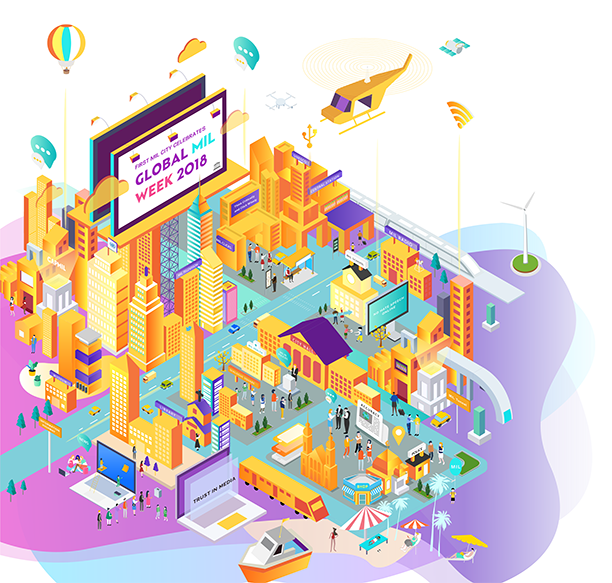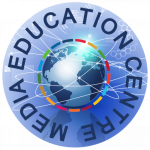What are MIL Cities?
Cities around the world have benefitted hugely from the digital revolution. Information about transportation, health care, entertainment, news, the private sector, civil society, and the government has increased efficiency, opened up new economic, social and cultural possibilities, reduced pollution, and enhanced transparency and participation. A growing number of stakeholders are championing “smart cities” initiatives, which seek to make better use of information and communication technology to boost efficiency and quality of life in respect to security, health, recreation, community services, and government to citizens interaction and vice versa. Initiatives concerning smart cities often underplay citizens’ agency in the process. One example is in relation to creatively and transparently integrating information, technology, and media in city and community life to enable people’s understanding and engagement in realizing tolerance and human solidarity as well in election processes City managers and residents are hindered without access to information. It, therefore, behooves cities to recognize the need for comprehensive info-coms policies, which address digital and non-digital dimensions including media and information literacy.
Moreover, many studies suggest that when people have access to information, including social networks, it can increase levels of social capital. People are, then, better connected, better able to build networks and find opportunities or to create their own businesses. They are better able to participate in and make informed decisions about democratic and development processes.
Through MIL Cities, the evolving concept of Smart Cities are fortified. A “smart city” needs faster cables or powerful transmitters, open and inclusive technological platforms, and more. To be truly sustainable, smart cities must also be MIL Cities. Furthermore, competent, confident and responsible producers and users of information, digital innovation, and online media need connectivity and more. To create such a ‘smart’ community, people must acquire the competencies (that is, knowledge, skills, and attitudes) necessary to navigate the complex and permanently changing social and technological networks. By helping societies to think and act in a more critical and reflective way, we can set ourselves on the road to positive and sustainable change.
The need for action is pressing. Too often, talk of fake news, misinformation, alternative facts, propaganda, selective history, post-truth reality, intolerance, radicalization etc. overshadows the benefits of having more access to information, technology, and media. The case must be made for broadening people’s horizons and giving them the tools to navigate the media and information environment in which they live, wherever there is the talk of censorship or drastic restrictions on access to information.


